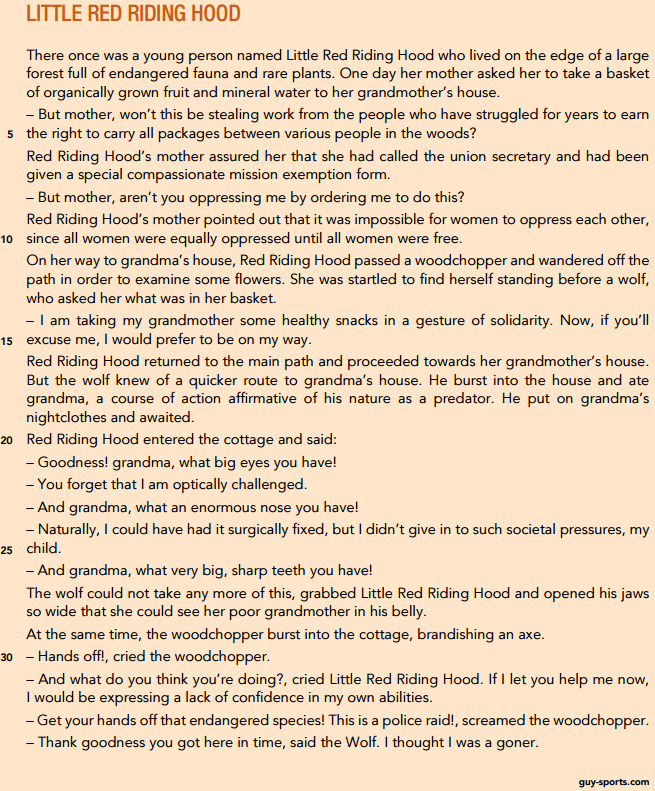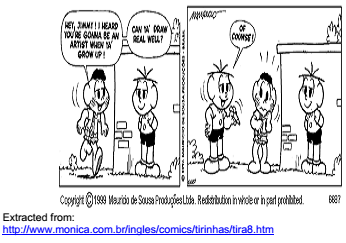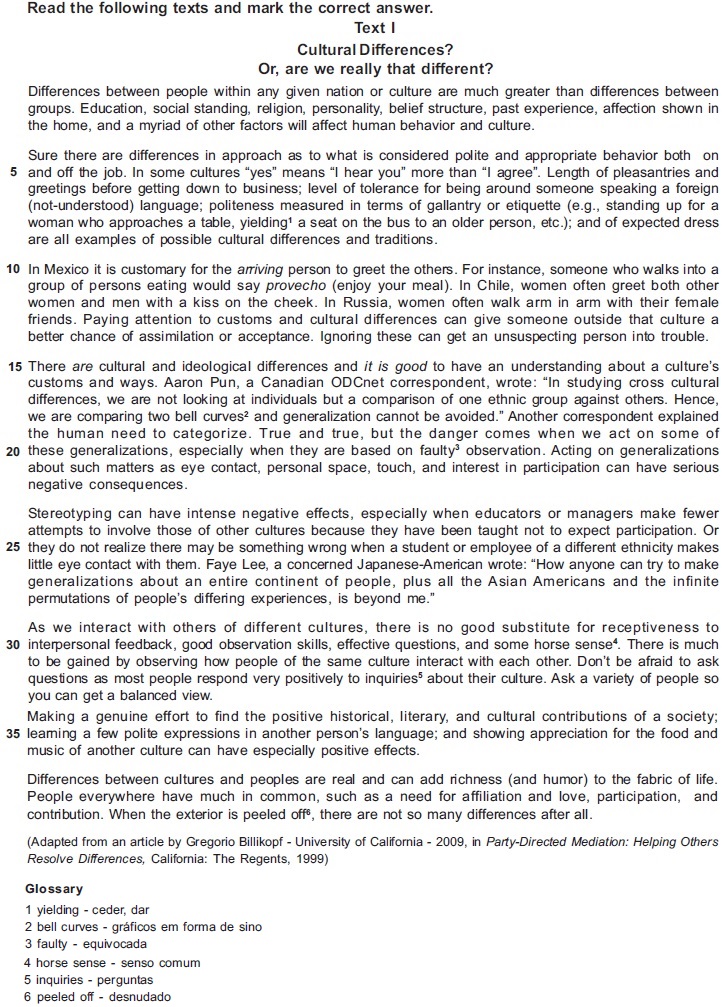Finally, a Billboard That Creates Drinkable Water Out of Thin Air

I’ve never cared much for billboards. Not in the city, not out of the city - not anywhere, really. It’s like the saying in that old Five Man Electrical Band1 song. So when the creative director of an ad agency in Peru sent me a picture of what he claimed was the frst billboard that produces potable water from air, my initial reaction was: gotta be a hoax, or at best, a gimmick2
Except it’s neither: the billboard pictured here is real, it’s located in Lima, Peru, and it produces around 100 liters of water a day (about 26 gallons) from nothing more than humidity, a basic fltration system and a little gravitational ingenuity3 .
Let’s talk about Lima for a moment, the largest city in Peru and the ffth largest in all of the Americas, with some 7.6 million people (closer to 9 million when you factor in the surrounding metro area). Because it sits along the southern Pacifc Ocean, the humidity in the city averages 83% (it’s actually closer to 100% in the mornings). But Lima is also part of what’s called a coastal desert: it lies at the northern edge of the Atacama, the driest desert in the world, meaning the city sees perhaps half an inch of precipitation annually (Lima is the second largest desert city in the world after Cairo). Lima thus depends on drainage from the Andes as well as runof from glacier melt - both sources on the decline because of climate change. (...)
1Five Man Electrical Band: nome de um grupo de rock canadense.
2gimmick: algo que não é sério, usado para atrair a atenção das pessoas temporariamente, especialmente para fazê-las comprar algo.
3ingenuity: habilidade de pensar em novos meios inteligentes de se fazer algo.















